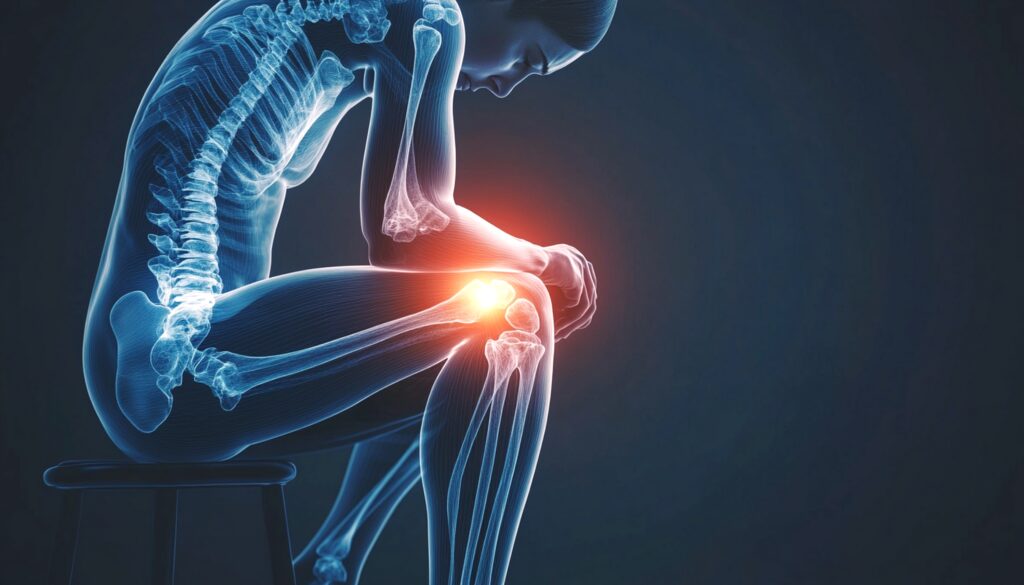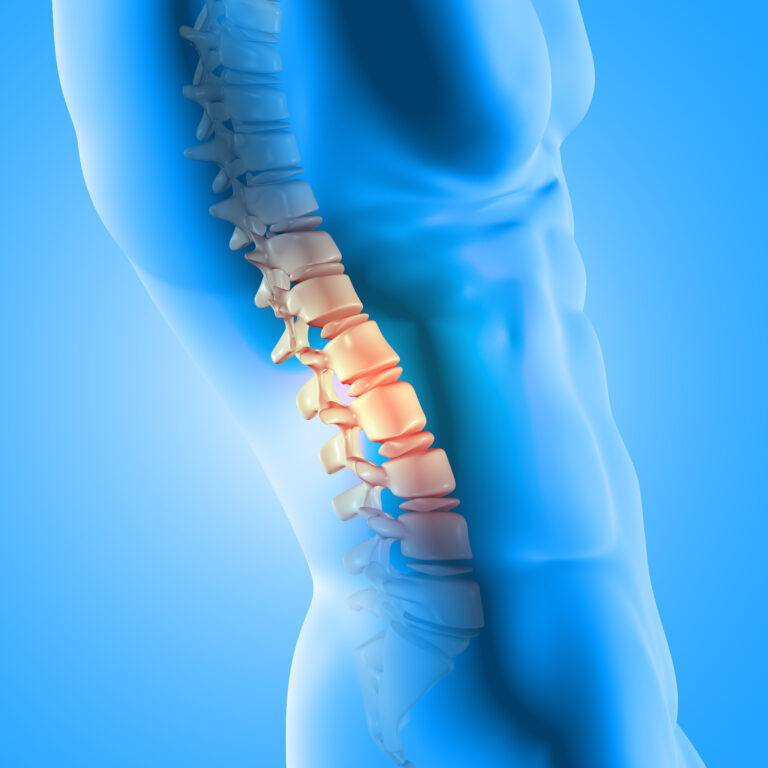
The Hormonal Impact on Joint Health: Navigating Menstruation, Pregnancy, and Menopause
Women experience fluctuating hormone levels throughout their lives, impacting joint health during menstruation, pregnancy, and menopause. Here’s how each life stage affects joints and what women can do to manage pain.
1. Menstruation and Joint Pain
- Why It Happens:
- Hormonal fluctuations during the menstrual cycle can lead to inflammation in the joints.
- Managing Pain:
- Staying active with low-impact exercises like swimming or yoga can reduce joint stiffness.
- Over-the-counter anti-inflammatory medications can also help alleviate pain.
2. Pregnancy and Joint Pain
- Why It Happens:
- During pregnancy, the hormone relaxin loosens the ligaments around joints, making them more prone to injury.
- Managing Pain:
- Practicing safe, joint-friendly exercises like walking or water aerobics can help maintain joint health.
- Support belts can alleviate pelvic and lower back pain caused by joint laxity.
3. Menopause and Joint Pain
- Why It Happens:
- The decline in estrogen during menopause contributes to decreased bone density and joint cartilage, leading to pain and stiffness.
- Managing Pain:
- Strength training and weight-bearing exercises help maintain bone density and joint stability.
- Hormone replacement therapy (HRT) may be an option to alleviate severe menopausal joint pain.
Differences in Hormonal Impact on Joint Health
- Age and Bone Density:
- Women in post-menopausal stages are at a higher risk for osteoporosis and joint pain due to bone density loss.
- Inflammation Levels:
- Inflammatory responses differ among women, with some experiencing more severe joint pain during menstruation or menopause.
Key Takeaway:
Hormones play a crucial role in women’s joint health, from menstruation to menopause. Engaging in regular, low-impact exercise and considering medical treatments like HRT can help manage hormonal joint pain.
Disclaimer:
The information provided is for educational purposes only and should not replace professional medical advice. Always consult with a healthcare provider for a thorough evaluation if you experience joint pain related to hormonal changes. The impact of menstruation, pregnancy, and menopause on joint health can vary depending on individual health conditions and hormonal levels. This content aims to raise awareness about how hormones can influence joint pain in women. Results and treatment strategies may differ, and professional guidance is essential for managing joint health during hormonal transitions.


